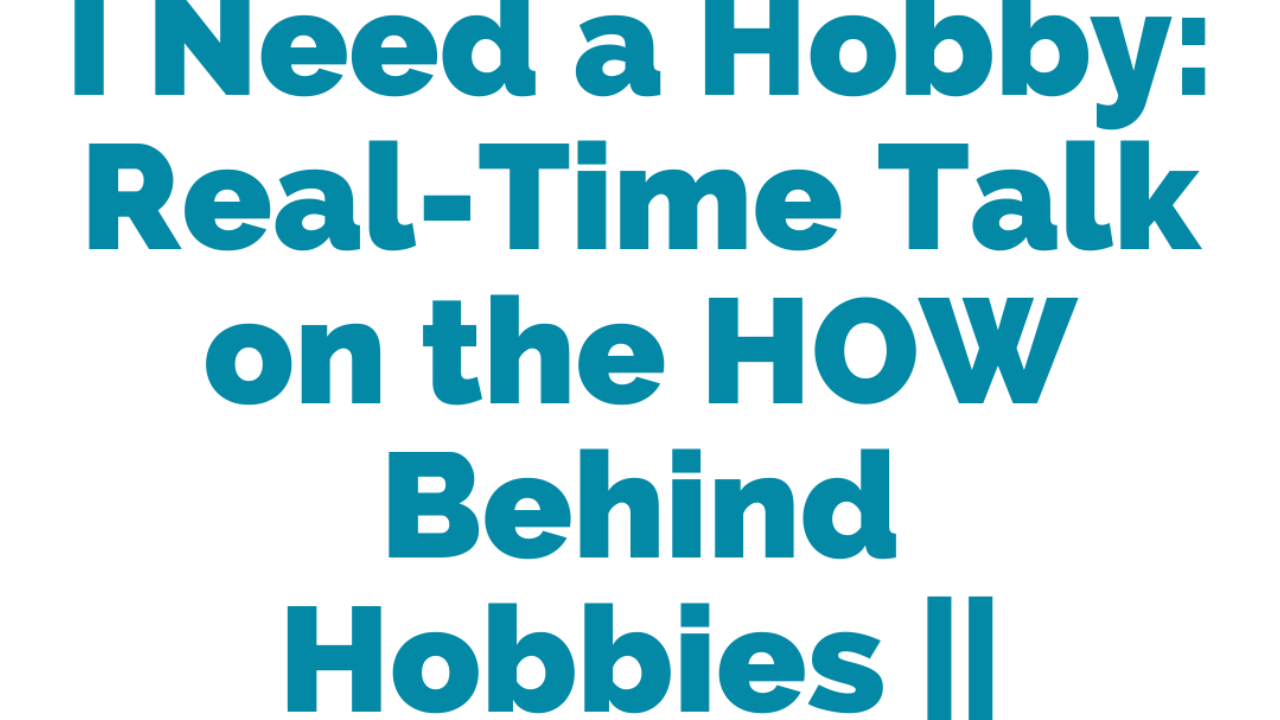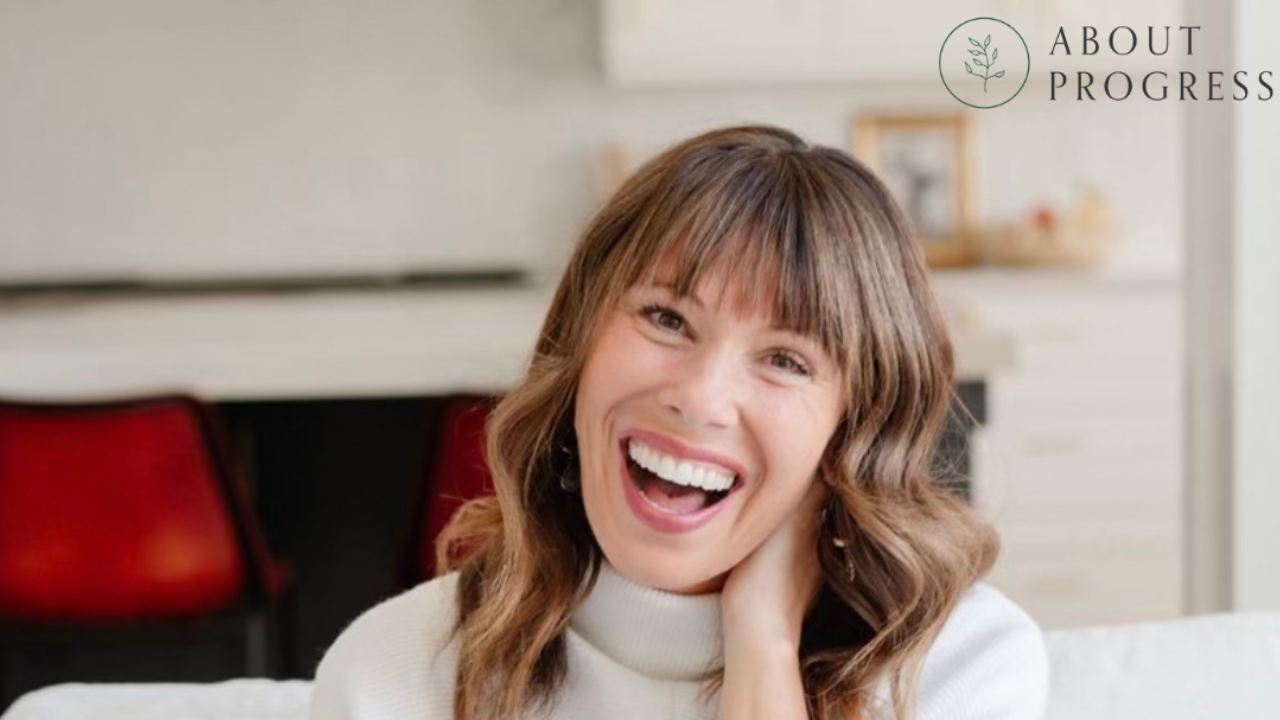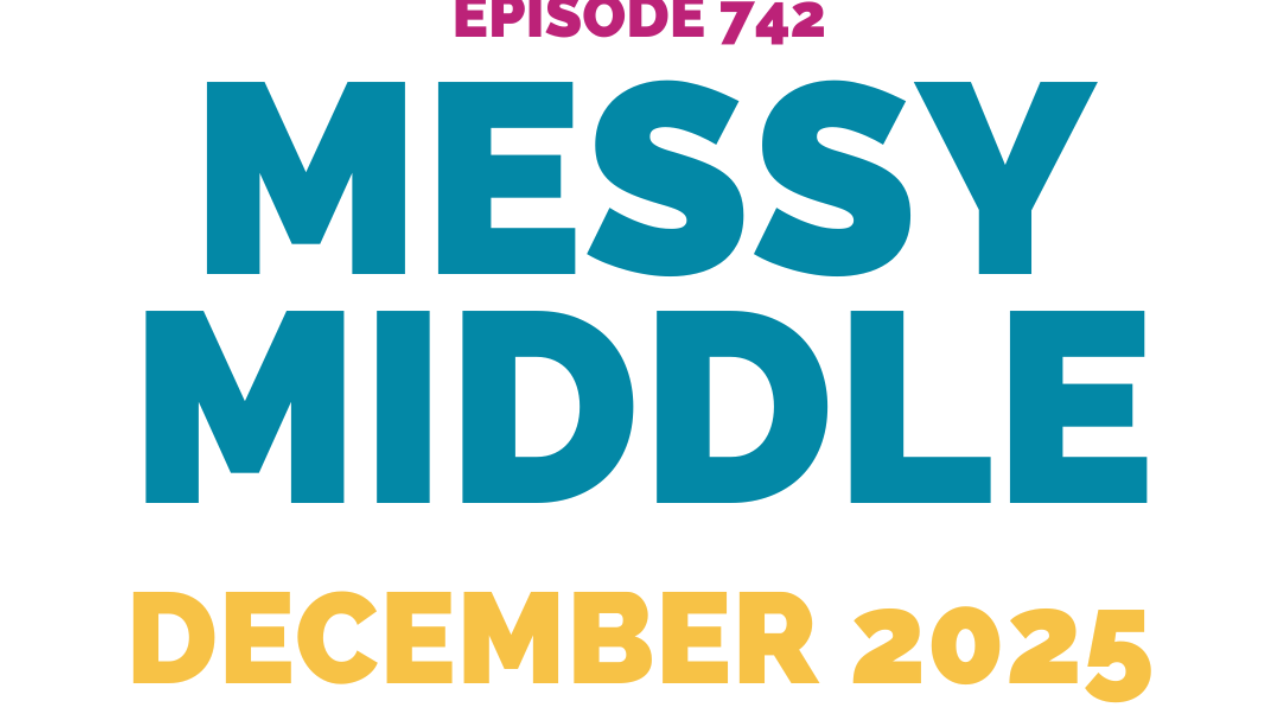introducing...
Another way to make progress, outside the all-or-nothing extremes
Get the free training to create a list that SO many have called "life changing"
The Do Something List is your path to uncover and discover who you are, all outside goals and resolutions. It's self-exploration--no shame or unrealistic standards required!

All the self-help extremes out there seem to be designed for perfect robots . . . but, you’re a real woman living a real life!
FRUSTRATED BY YOUR LACK OF PROGRESS? READY TO FIND A NEW AND PRACTICAL WAY TO MAKE LASTING CHANGE?
NOT SO LONG AGO, I WAS WHERE YOU ARE NOW.
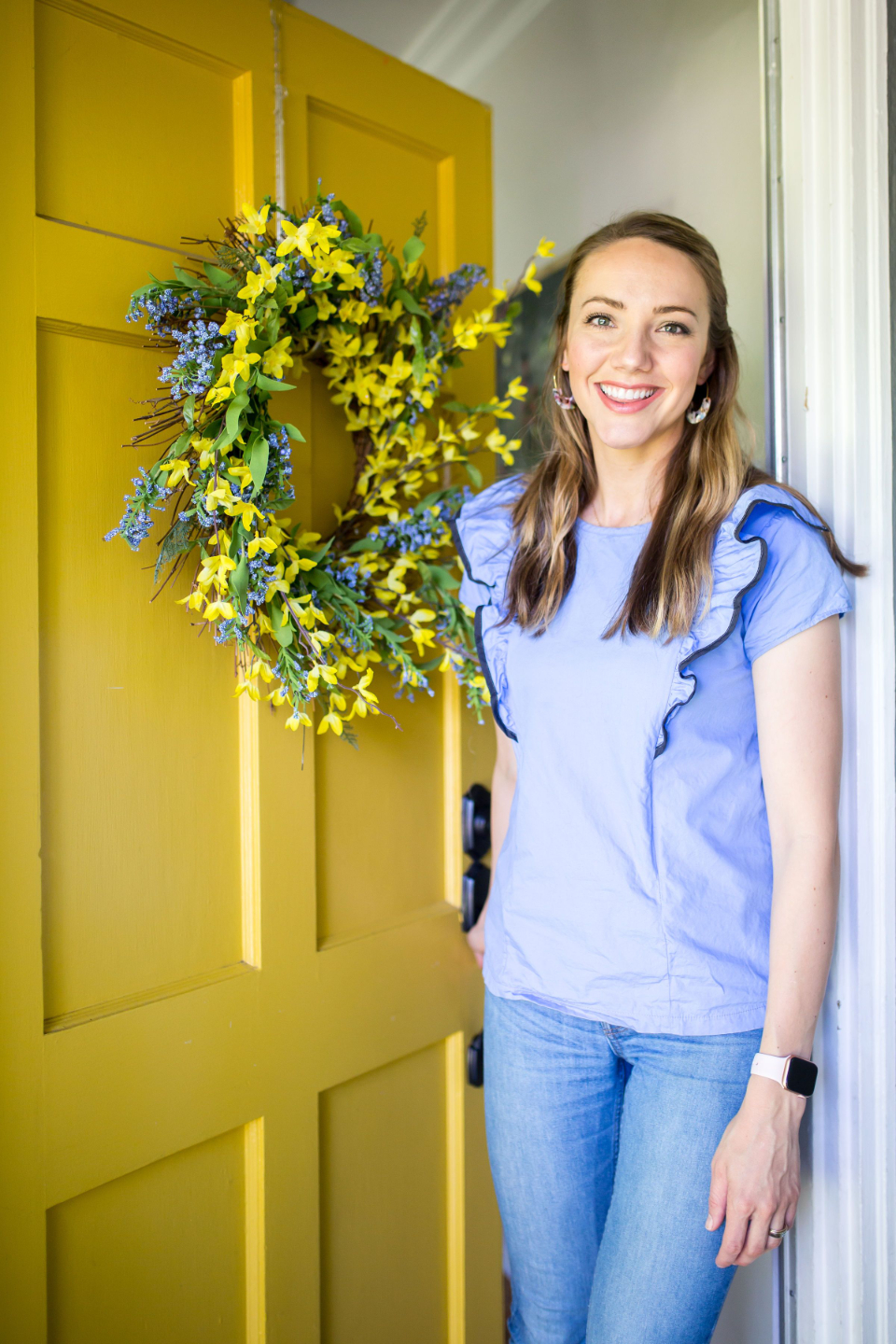
Hey there, my name is Monica.
After riding the all-or-nothing pendulum swing for most of my life, everything changed when I chose PROGRESS over perfection.
About Progress started as a little challenge to myself to see if I could grow outside of perfectionism.
This challenge became a years-long experiment that changed every area of my life.
Along the way, I uncovered the truest model to sustainable personal development: it's progress made practical.
Through my podcast, teachings, and coaching, I am passionate about helping other women similarly change and grow in ways that stick.
PROGRESS IS YOURS FOR THE TAKING!
learn more about me →I'm writing a book!
Women must do habits differently. In my upcoming book (title to be announced soon), I'll teach the flexible habit formation for busy women who wants habits that stick.
Be first in-the-know about all things book + have the chance to be an advanced reader and act as grassroots publicity.
Join the Book Launch CommitteeI'VE BEEN FEATURED IN:


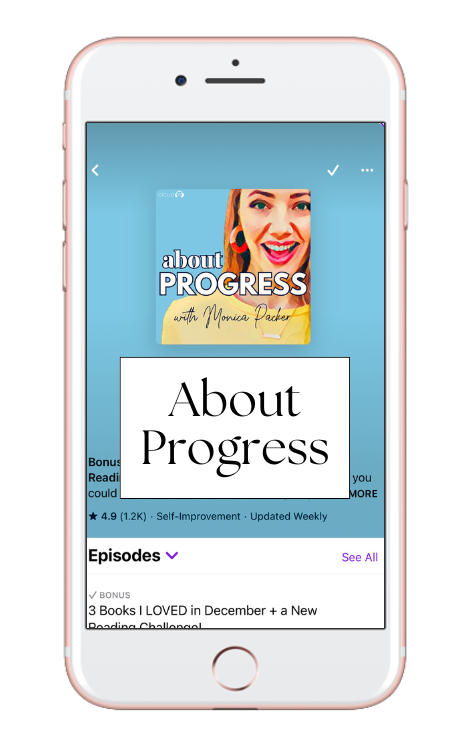
TUNE INTO THE PODCAST
About Progress
It's time to leave behind perfectionism (in all its forms!), and instead learn all about progress made practical through Monica's top-rated podcast, About Progress.
LISTEN NOW →GET THE FREE EXERCISE TO
Discover your values
Defining your personal values can shift your entire life--from what habits you prioritize to how you parent. This free exercise will help you know yours, so you can make choices with more clarity and confidence.
GET IT NOW →

It is time to do something, TODAY! And I want to help.
HERE'S HOW:

Online Workshops
Affordable virtual workshops on topics you care about, from habits to practical seasonal blueprints. Includes a video replay + resources, like printables.

Progress Coaching
1-on-1 coaching for women who are ready to transform their identity, habits, and fulfillment. Limited spots open up just twice a year!

Membership Group
Coming back soon! The Strive Hive is your place to work on progress with other real women, in real time. Coaching + fun + learning + community.
Can't get enough of About Progress?
Join the Supporters Club!
The Supporters Club is your spot if you love About Progress and want more content and more time with Monica. From access to her private reading diary, to bi-monthly online gatherings--AMAs and Office Hours with Monica, to her private/premium/ad-free podcast More Personal, to exclusive workshops and book clubs--it's all there! Peruse the 3 super affordable levels and join the club.
learn more →BEFORE YOU GO...
GET ON THE LIST
When you sign up, we'll send you weekly emails with episode recaps, progress pointers, and things you need to know.

